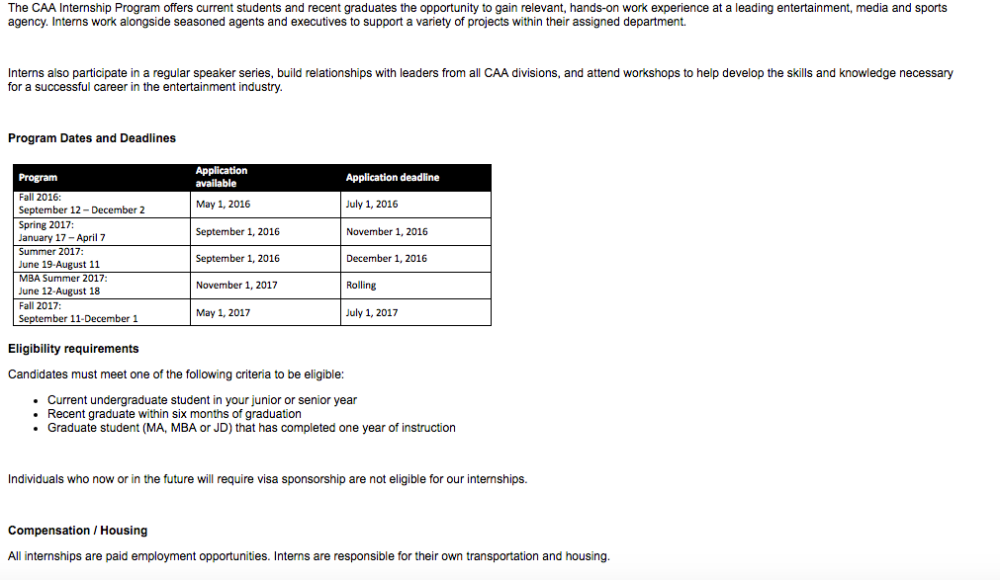Perceptions of Entertainment Managers
With intense and extensive power, influence and money in industries that have a global following (ex: Hollywood and the NFL), entertainment representatives have built a reputation of prestige, importance and sometimes even greed. As these industries, and clients within said industries, grow and pull in more money, fame and love from the world, so do these representatives. In this regard, agents and managers have developed certain positive and negative perceptions from various groups of people, both within and outside of the entertainment industry. It is important that as young men and women looking to graduate and enter this career path that we understand that we may not always be perceived the way that we want to be. Though they do command a lot of respect, entertainment representatives do not have an exclusively positive perception.
Depending on who you speak to and what they believe, talent representatives are either very well-respected or greedy individuals who take advantage of others for their own monetary gain. By the very nature of their job description, agents and managers need to be aggressive, talkative, have strong negotiating skills and be able to command respect from those that they work with. Naturally, this abrasiveness and passion can certainly rub some the wrong way. These people include studio heads looking to negotiate with these agents for their clients services, media moguls or anyone else in the business that needs to go up against such men and women. One of these powerful leaders of the management business is Ari Emanuel. Today he owns one of the largest talent agencies in the entire world and has individuals in the business fearing him based on what he brings to the table.

- Ari Emanuel is described as the most abrasive, aggressive and difficult agent to work with in the industry. However, he is also extremely well-respected. Most in the business agree Emanuel is a brilliant mind and a titan of the industry.
Emanuel is the prime definition of the aggressive, loudmouthed and powerful talent agent that rub lots of others the wrong way. For instance one TV executive was quoted as saying, “nobody wants to be on the wrong side of Ari Emanuel” and described Emanuel as a “hardball player.” Emanuel is the prototypical type of representative that is respected by those who work with him, but also loathed and feared by those same people.
While this is certainly one perception that people have of talent representatives, there are certainly more positive viewpoints, specifically from actual clients and people not within the industry. Even though clients compensate their representatives out of their own earnings from a particular project, they still maintain profound respect for and hold a lot of appreciation for these managers.
Talent representatives handle almost all of the daily important tasks for their clients in regards to earning their next job and being compensated for it. In this sense, without their representatives, clients would not be able to find their next job and gain any money. This is a fact that is well documented and is one that these talented people have understanding towards. In that regard, because of a manager’s importance to their own livelihood, clients become very close to and have very positive views of these men and women.

Agent Bryan Lourd (center) is known to have close and positive relationships with his clients. Here he is pictured with Sean Penn, his client and close friend.
It is not just the clients that have these positive views on entertainment representatives either. I am almost certain that most college students, like you and I, have a positive perception of these men and women. Not only are they extremely successful, but they hold such profound influence and power in industries that are so exclusive and interesting. This type of power and skill are characteristics that I hope to see within myself if and when I enter this career path.
Overall, I think it is extremely important for students and others looking to enter this career to understand that not everyone will look at you in a positive light. Though there are these stigmas of aggression and lack of empathy, there are certainly people who have a lot of respect and appreciation for those acting as representatives. No matter how we are to be perceived in our career paths, it is important for this audience to be aware that there are a lot of different ways that we can be perceived.







